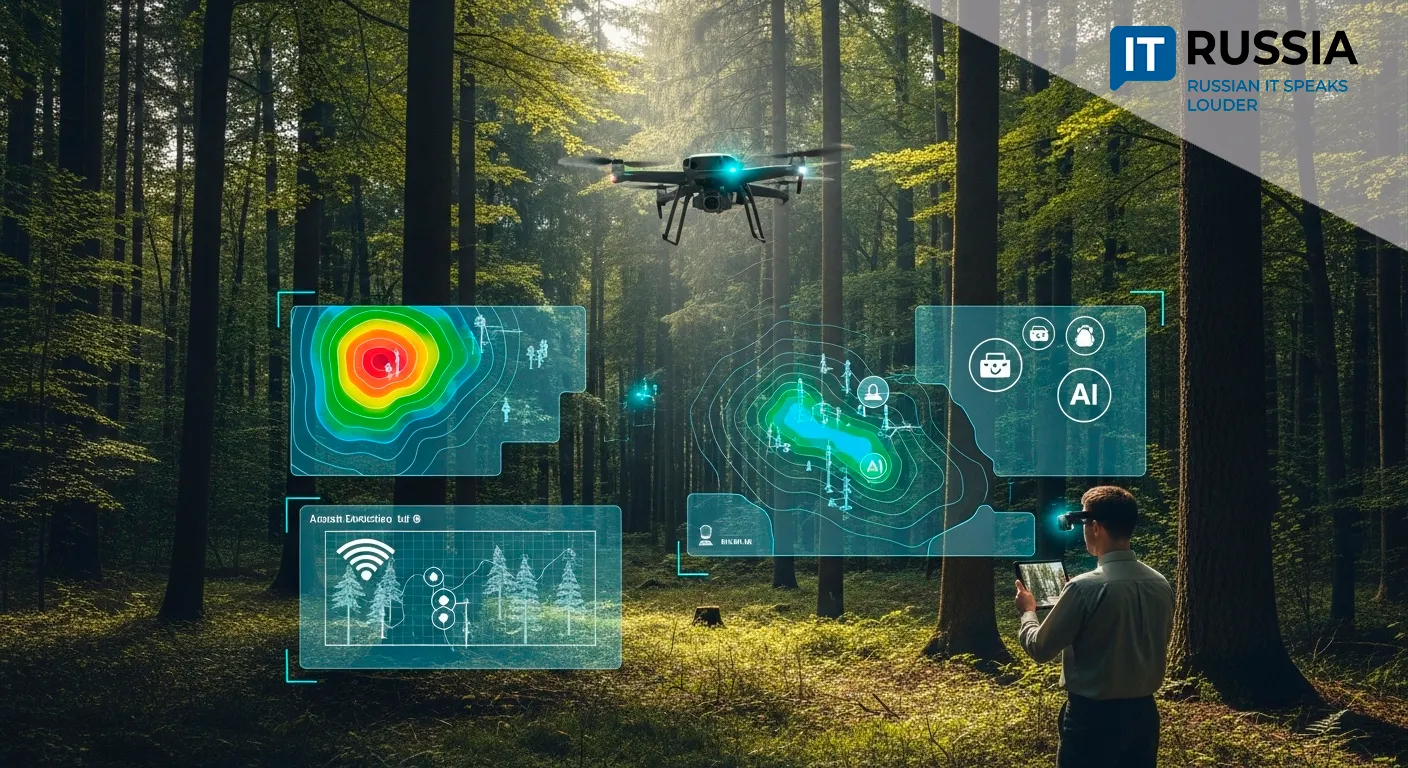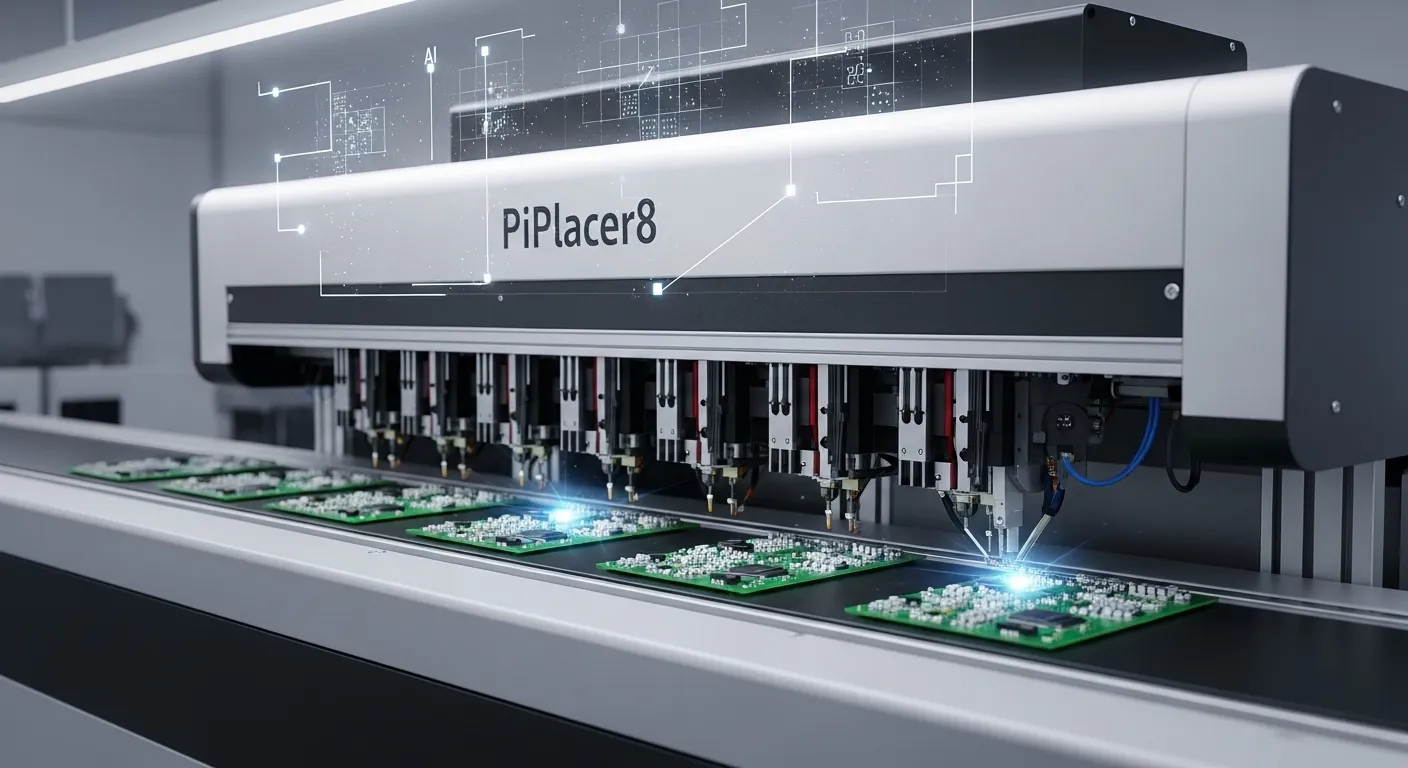AI Tackles Lost Luggage

Pulkovo Airport has become the first Russian hub with over 15 million annual passengers to deploy artificial intelligence in the search for lost luggage.
45 Seconds to Resolution
A new hardware-software solution developed by Aviacode JSC, part of the Airports of Regions holding, has automated luggage search processes. The AI-based system detects color, material, and damage of luggage, while scanning baggage tags and boarding passes. Constantly learning, the AI improves recognition algorithms over time. Installed in the arrivals area and integrated with the existing BAGS Poisk system (launched in 2022), the solution can file a lost luggage request in just 45 seconds—three to four times faster than manual entry. During testing, it helped return lost bags to 1,100 passengers, marking a new era in Russia’s transport logistics digitization.
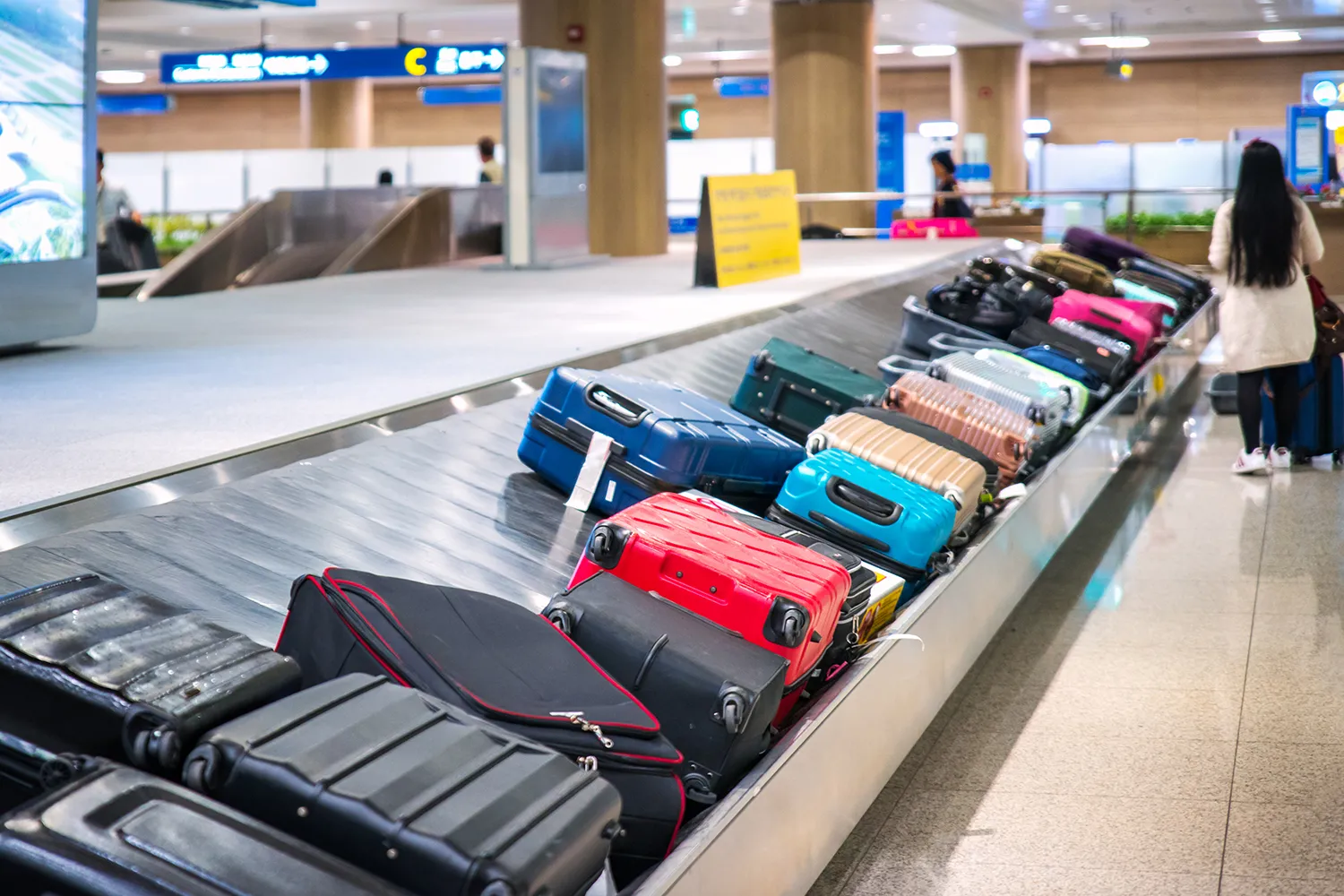
Beyond the Terminal
For passengers, this means less waiting, reduced stress, and a higher chance of recovery. For airport staff, it's optimized workflows. And for Russia, it's a milestone demonstrating AI maturity and potential for export. Aviacode JSC has developed a suite of aviation tech solutions including ARCute (shared access platform), BAGS Poisk (baggage tracing), and ARPax Control (passenger control).
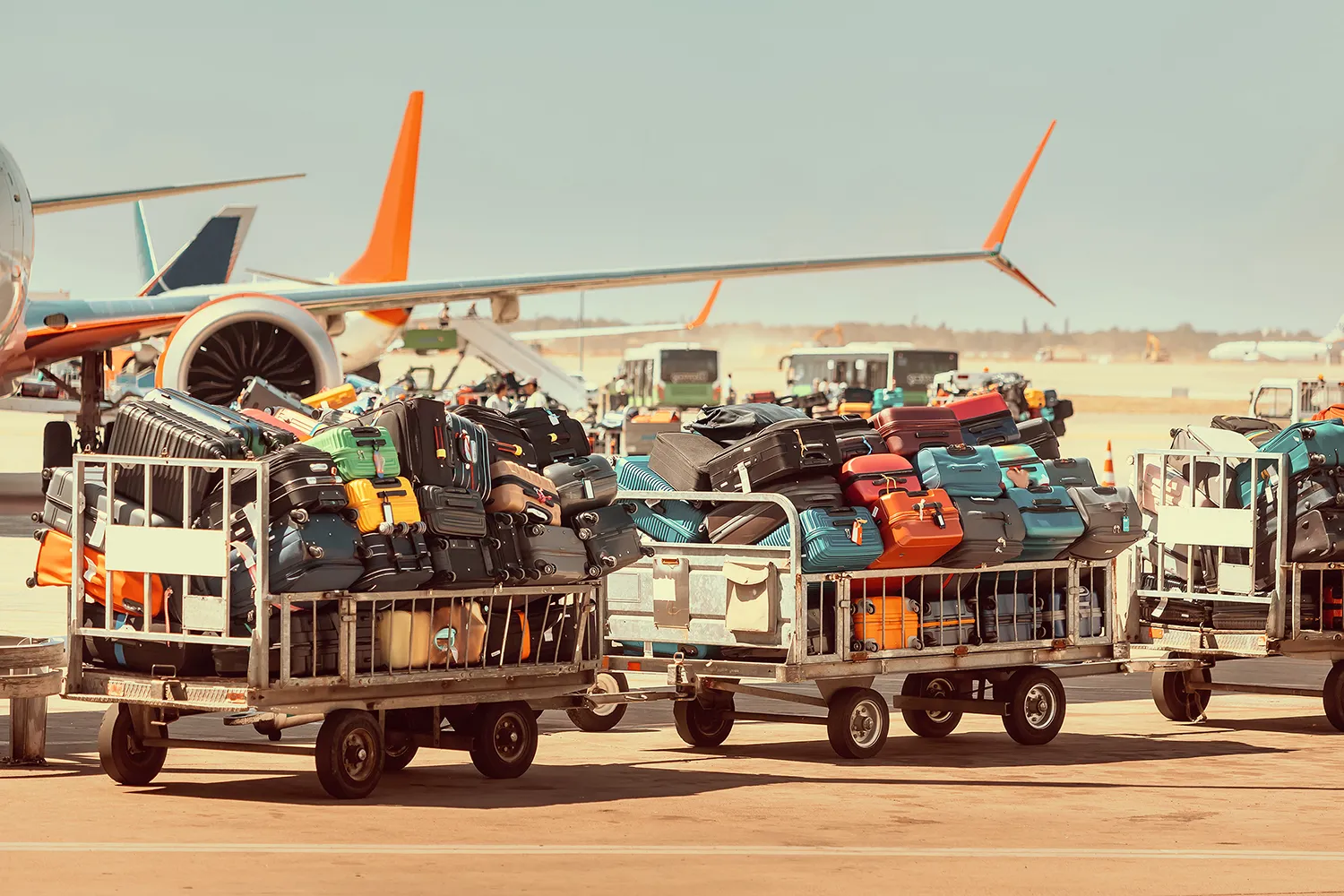
Scaling and Export Potential
The Pulkovo pilot opens doors for nationwide and international rollout. Russia’s airports are rapidly expanding IT capabilities. In 2022, the Airports Industry Competence Center (AICC) was formed, led by Sheremetyevo and including hubs like Domodedovo, Vnukovo, and holdings such as Airports of Regions and Novaport. Collectively, they serve 85% of Russia’s air traffic—giving nationwide relevance to technological rollouts. According to Andrey Verbnikov of Northern Capital Gateway, 'This system’s registration in the national software registry ensures compliance with strict infrastructure standards, a key requirement for Pulkovo’s mission to enhance national technological sovereignty.'
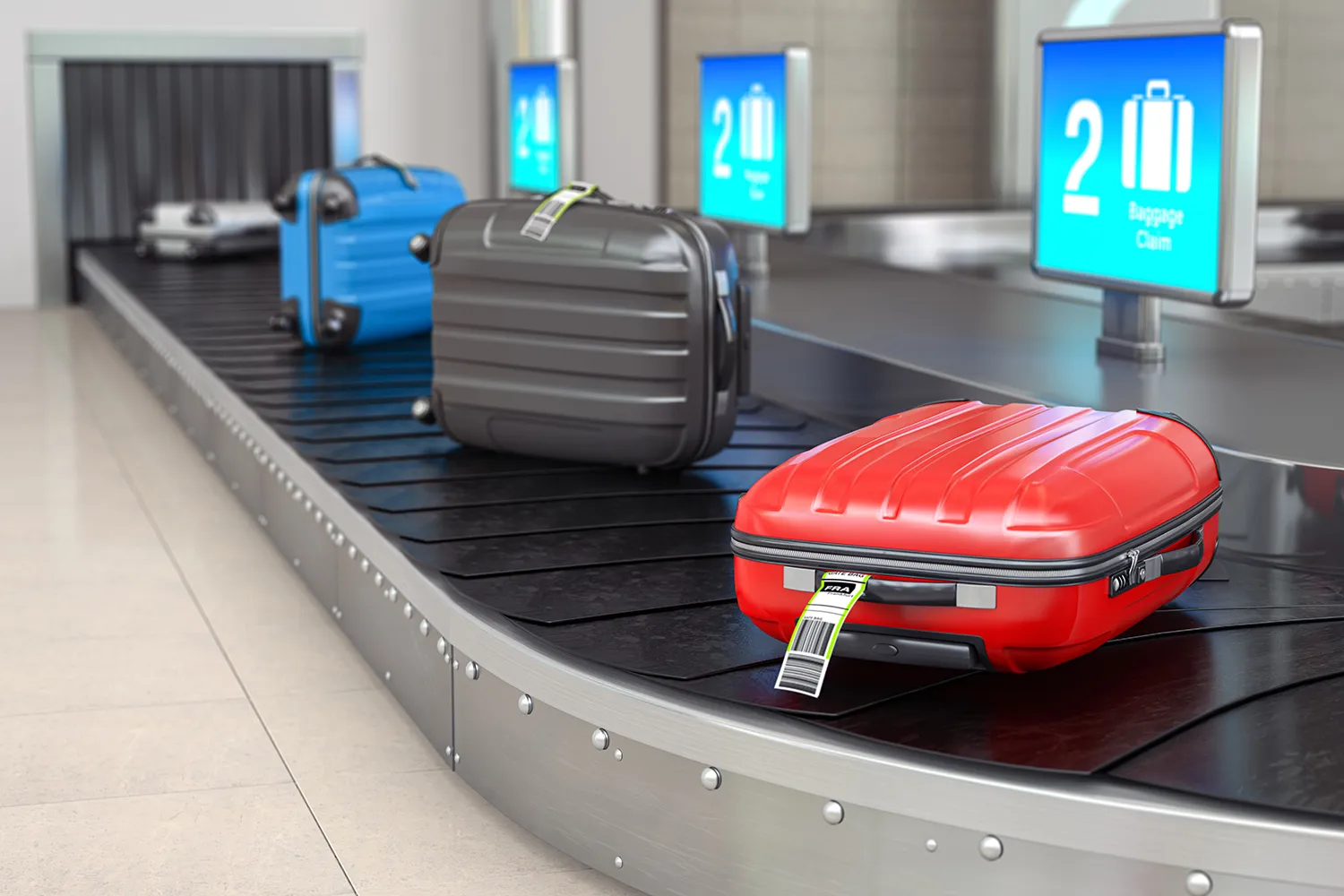
Digital Takeoff
In 2022, BAGS Poisk was installed at Pulkovo, laying the groundwork for modern AI baggage recovery. The same year marked the transition to Russian-made software. By 2024, Pulkovo pioneered biometric identification, cutting costs by 40% and replacing half of the control lanes. According to CEO Leonid Sergeev, this tech could save the industry up to 100 billion rubles. Robots now handle terminal cleaning, baggage unloading, and jet bridge operation, increasing labor productivity by 25% with 30% cost savings.
Towards Smart Airports
In 2025, Pulkovo launched a domestic ERP system and introduced MRMS for mobile resource management, tracking over 5,000 ground handling tasks daily across 300+ flights. Sheremetyevo rolled out a predictive AI twin that forecasts passenger and baggage volumes with 99% accuracy, boosting terminal capacity by 30% and saving over 1 billion rubles annually.
Looking Ahead
The AI-powered station at Pulkovo underscores the export-readiness of Russian tech. After full testing wraps up in late 2025, deployment will expand across the Airports of Regions network. Short-term plans include integration with federal systems and broader logistics tracking. In the medium term, Russian airport technologies are poised for entry into CIS, Asian, and Middle Eastern markets—especially within BRICS countries. In the long term, Russia envisions a ‘smart airport’ ecosystem led by AI.
Sheremetyevo’s Deputy Director for IT, Kirill Alifanov, confirmed export interest: 'We’re already receiving inquiries from international partners.'




